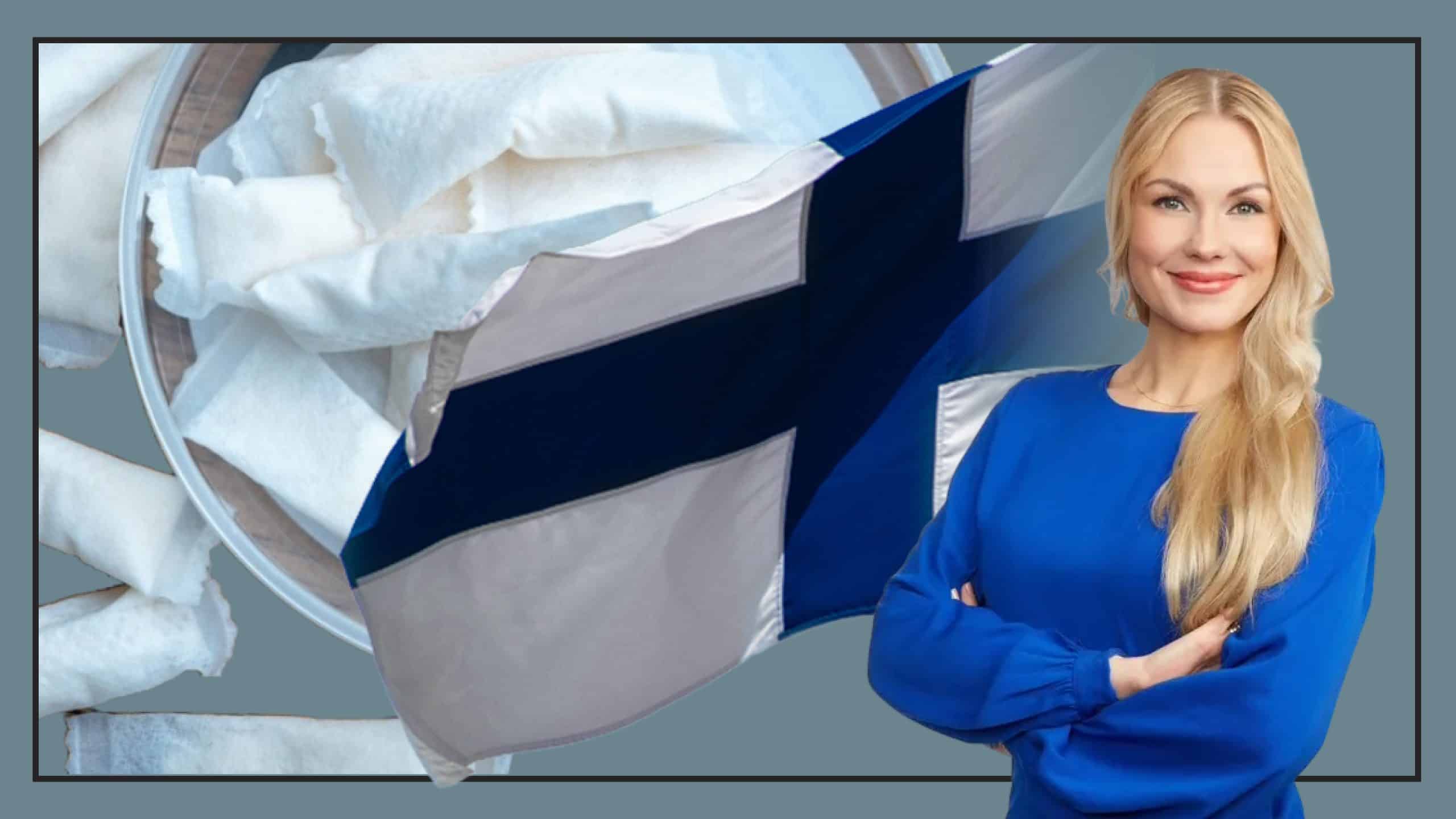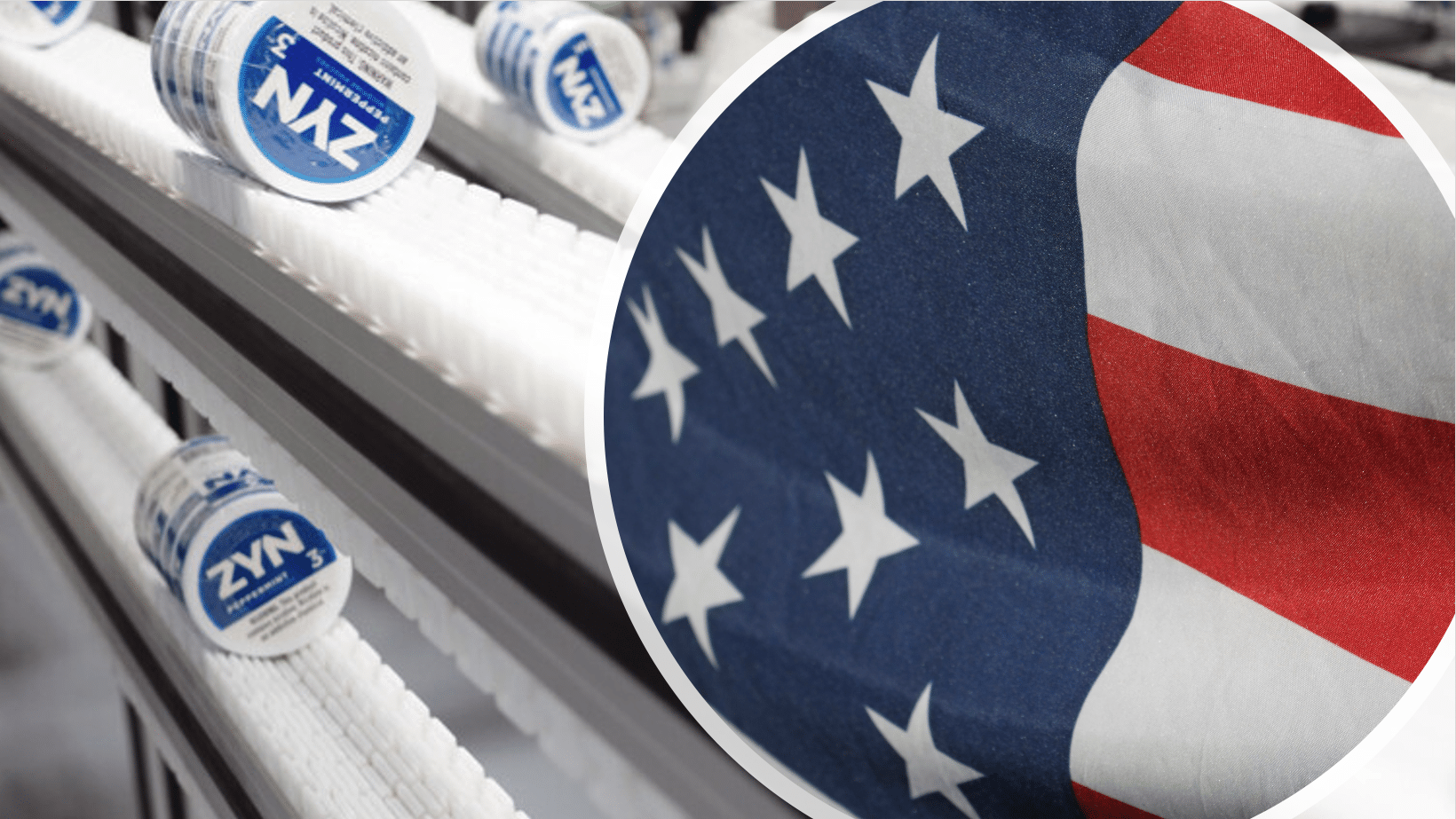Measuring the outcome of five years of plain tobacco packaging in Australia
Australia has the world’s highest tax on tobacco and the world’s strictest regulation of tobacco products, but more people smoke today than in 2013, while the black market has captured 20 percent of sales.
The Swedish online newspaper Svensk Tidskrift examines Australia’s tobacco policy and its effects in a new article.
Australia has long been a world leader in bringing in strict tobacco laws and increasing the taxation of tobacco products.
In 2013, the country introduced the so-called “plain packaging” law, which forced tobacco companies to remove information and logos from packages and make them olive green.
Increased cigarette sales
Five years after the changes, which included high taxation and extensive smoking bans, it turns out that the moves have been counterproductive.
Australia initially showed a decline in the number of smokers, but that effect has completely ceased. Daily smoking fell marginally between 2013 and 2016, from 12.8 percent in 2013 to 12.2 percent in 2016, but this was the first period in 23 years that the country had not shown sharply declining figures.
Paradoxically, more cigarettes were sold in the first year after the introduction of plain packs than before, and the same phenomenon has been seen in France where the same reform was introduced.
In addition, the black market for tobacco in Australia has been flourishing. A report from KPMG shows that illegal tobacco sales have increased by 20 percent since plain packaging was introduced.
Not only is the Australian government losing huge sums in lost tax revenue, but according to a report from the European Commission, the black market is also controlled by organized crime.
Despite the experience from Australia, several other countries have introduced “plain packaging”. Britain introduced it last year and Canada is considering the matter. The measure has also been discussed in Sweden for both cigarettes and snus.
Snus can play a big role
Prohibition is seldom the right way to go, as the Australian example shows. Public health-inspired consumer information works better than bans if the purpose is to get people to stop smoking or to choose other tobacco products. The Snus Commission’s report “Snus saves lives” shows that Swedish snus has had a major role to play in helping people to quit smoking. Snus could save 355,000 lives in Europe, according to the estimates in the report.




